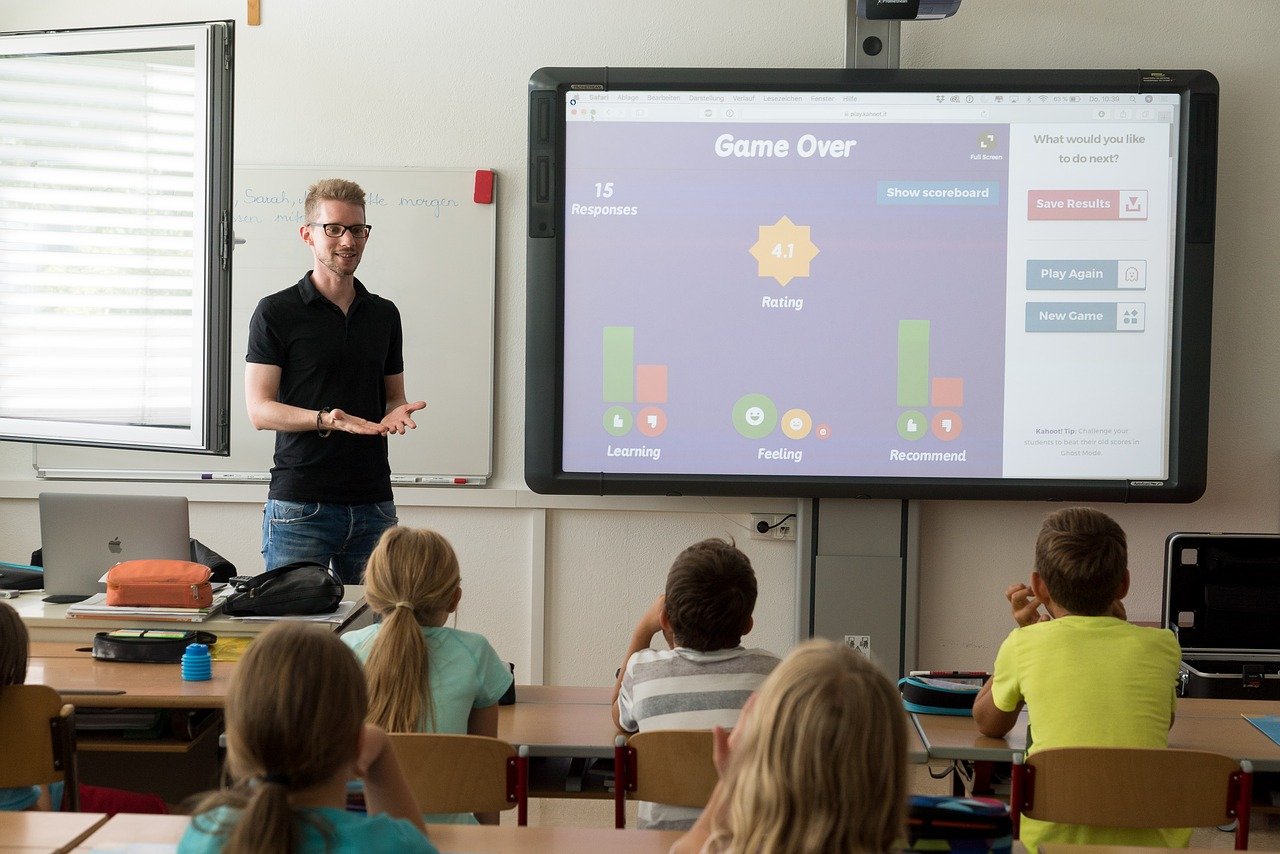5 K-12 Guidelines for Artificial Intelligence: What Students Should Know

Artificial intelligence (AI) is the future. It is already altering the way our world operates, and it’s a force of change that education has no choice but to engage with it.
According to a recent Gartner report, one in five workers will have some form of artificial intelligence as a co-worker.
That means most of today’s K–12 students will be part of a workforce that will include AI co-workers.
In order to flourish in this new work environment, students must study AI, and K–12 schools will need to have artificial intelligence curricula.
The Association for the Advancement of Artificial Intelligence and the Computer Science Teachers Association have formed the AI for K-12 Working Group. This working group has come up with five big ideas regarding AI that every student should know about.
- Computers use sensors to understand the world.
Computers can “see” through sensors like cameras and “hear” through sensors like microphones.
These abilities require extensive domain knowledge, in other words, in-depth knowledge of a specific, specialized discipline or field.
For instance, for speech, one must know the sounds of the language, the vocabulary, grammar, and usage patterns. Without this comprehensive knowledge, speech recognition by machine can’t be as accurate as a human’s.
Students should understand the limitations of artificial perception. They should be able to use open source machine learning tools to train perceptual classifiers.
- Machine learning agents can only understand representations of the world.
Machine learning agents can only perceive a model or representation of the world, not the real world as it is. Students must understand the concept of representation: a map represents a territory, or a diagram represents a board game.
Students should further understand that computers use data to create representations. They must also understand that they can use algorithms that learn from new information, to change these representations.
High school students must be able to understand elementary data structures and how to use them to program simple inference algorithms.
- Computers can learn from data.
Computers that use machine learning algorithms can learn from data. Machine learning algorithms can create their own representations using training data. The training data can come from a human, or the machine can generate its own training data in the learning process.
Students should understand that machine learning is a kind of statistical inference that looks to spot patterns in data.
In K2 students can experience this by having a computer learn to recognize their face.
In high school, students should be able to train a network and code simple applications using open source tools.
- Making the machine interact naturally with humans is difficult.
One of the biggest challenges is to have machines interact naturally with and understand humans.
One reason for this is a machine’s inability to predict what a person will do or say next, based on their previous conduct.
High school students must keep this in mind and apply their skills to construct context-free grammar examples to parse simple languages. They should be able to use language processing tools to construct a chatbot.
And they must be able to use sentiment analysis tools to discover emotional tone in text.
- AI applications can have a positive and/or negative effect on humanity.
Students must understand that AI applications can both help and harm society. They should be able to tell how AI is affecting their lives. Students should be made aware of ethical considerations when it comes to AI.
They should consider two issues: what applications AI should be used for and what ethical criteria humans should set for AI systems to meet.
Students should understand that because AI systems will be making decisions that will affect people’s lives, the issues of transparency and fairness must always be kept in mind.
High school students should be able to look at new AI technologies and discern the ethical or societal implication they might have.



